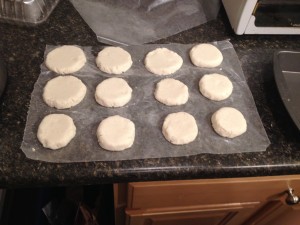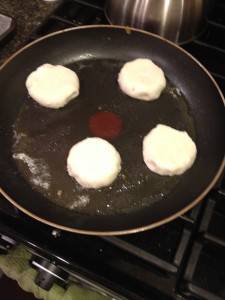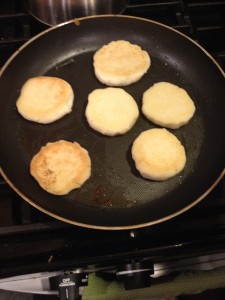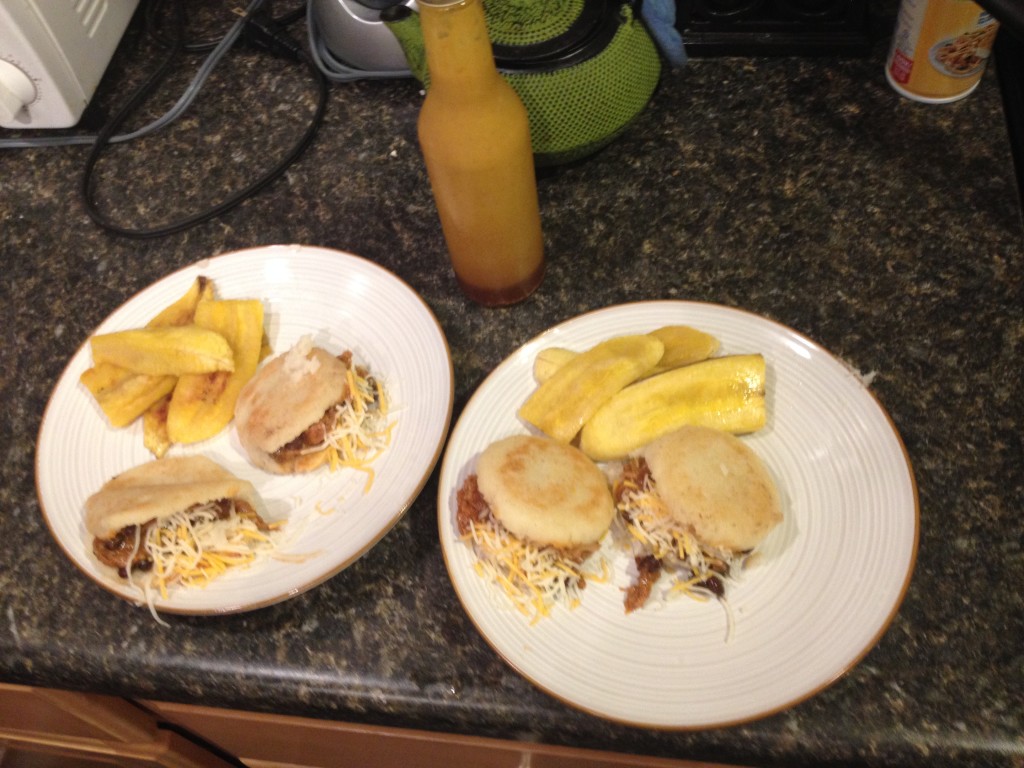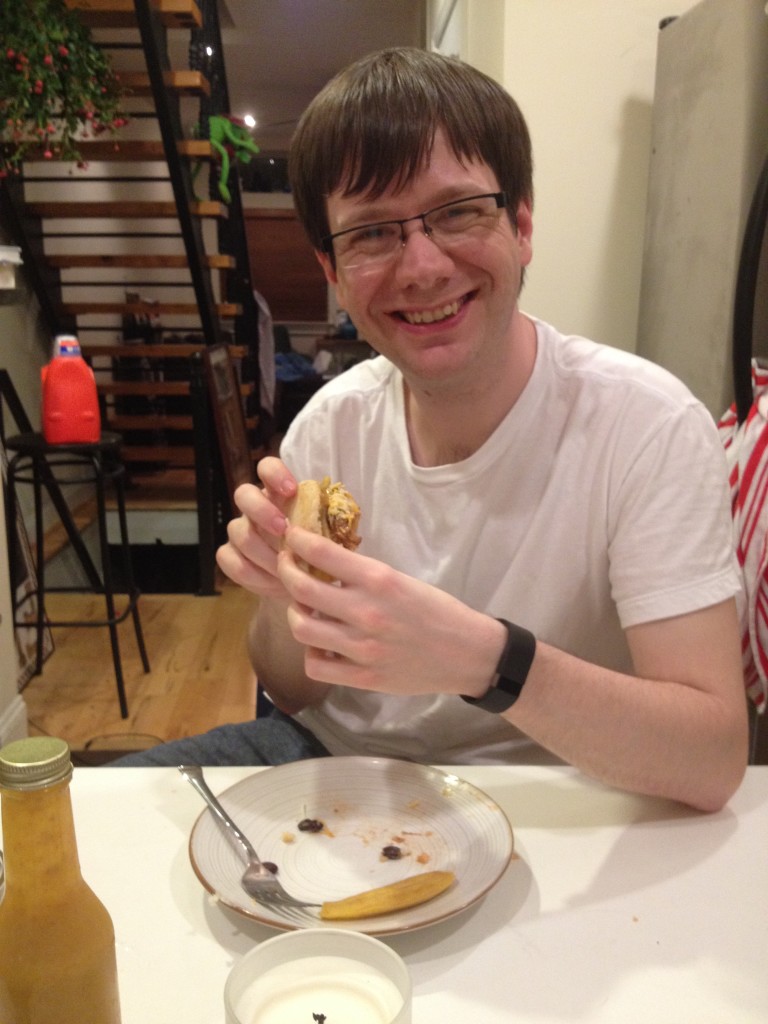This is one of the two kinds of reality tv that I like. The first kind is where competent people excel at doing awesome things, shows like Project Runway, So You Think You Can Dance, etc.
The other is shows where activism and social change are made accessible and exciting.
In Jamie Oliver’s Food Revolution (ABC, Fridays at 10/9 Central), Celebrity British Chef Jamie Oliver (The Naked Chef, Cook With Jaime, etc.) comes to Huntington, West Virginia to begin a revolution in public school food (presumably, he’d like to reform all eating in the USA, but the show focuses on schools). The choice of Huntington is prompted by a CDC report listing Huntington as the unhealthiest town in the country, with the highest instances of obesity-related illness and death.
Three episodes have debuted so far, garnering strong ratings (The Friday at 10PM slot isn’t a great slot, so it’s perhaps not as hard to win).
There is a bit of inflated drama, but overall, the series is a depiction of a sincere pursuit by Oliver, who has already revolutionized the British public school food system.
One of the clips used to promote the show comes from a segment where Oliver is trying to hype up excitement for his test-run doing meals in an elementary school. He goes into a 1st grade class and asks them to identify vegetables such as a tomato, a cucumber, and a potato. The students were unable to identify any vegetables correctly when prompted. This is how separated from real food many children are, and how separated they are from the process of cooking and food-making.
Oliver begins with a test week in an elementary school, competing with dietary regulations that call french fries a vegetable and require 2 servings of bread/grain per meal, but only one serving each of veggies and fruit. Oliver struggles with the dietary requirements, a combative head cook at the school, as well as a obstinately skeptical local DJ.
Oliver opens “Jaime’s Kitchen” as his base of operations to host demonstrations, teach families/kids how to cook simple, healthy meals. As the series goes on, he’s worked with a particular family, recruited a group of high-school students to be his spokespeople in school and help him raise money for a county-wide training to help their school cooks be able to prepare Oliver’s healthy fresh meals on time and budget.
This series is a frank and powerful look at Oliver’s diet/cooking activism in a place that most desperately needs some kind of revolution/reform. Oliver’s sincerity is clear at all times, as he sets himself for an incredibly tough uphill battle (if he’d picked a less challenging setting, it’d doubtlessly not make as good television — they do have to get ratings to survive, after all).
The easiest way to understand this series is to go ahead and watch it. It lacks the artificial drama and competitive greedy backstabbing of The Biggest Loser and is far more grounded in reality than a show like Dance Your Ass Off. It focuses on fresh, real food, rather than artificial/additive-laden and greasy food, showing that it can be beautiful, delicious, and isn’t too difficult or expensive to prepare. Real food may take longer and cost more than box microwave dinners or highly-processed crap, but it’s an investment that’s worth making for nearly everyone. It’s easier for me to say this as a privileged middle-class guy, but the fact remains that real food in reasonable portions is demonstrably better for your health, and in a nation where diabetes is prevalent and weight-related diseases and deaths are scarily high, it’s hard to argue on any basis other than money.
A note for the Fat Studies community: Weight by itself is not vilified in Jaime Oliver’s Food Revolution. The show focuses on instances where poor eating habits and weight have lead to demonstrably negative health effects. A Teenager likely to develop diabetes before they turn twenty. A highschooler with liver spots that may cap her life expectancy in the early twenties. A girl who lost her father and uncle to weight-related illnesses. Being fat is not the problem — eating unhealthily in a way that creates weight-related illnesses and death is the problem.
I’ve quickly become very passionate about this show. I watched the first two episodes with my girlfriend, who is a big foodie and cook. I come at it from a developing love of diverse food and cooking, but also as someone who had weight issues as a teenager due to a sedentary lifestyle and a terrible diet (not helped in any way by the public school food system). We ate decently at home, but I was given the freedom to make unhealthy eating choices (massive soda consumption, junk food, etc.) and only later developed a real awareness for how bad those foods were for me, as well as learning the skills of and appreciation for cooking for myself with fresh, real food. I’m still learning those things. When I’m at home from a selling season, living alone, it’s harder to work up the motivation to cook real meals for one. To that end, I bought the companion cookbook, Jaime’s Food Revolution, and will be trying to host friends/join friends for family-style meals of real, healthsome food.
Knowing that certain foods are bad for you, on an intellectual level, is one thing. But it takes an accessible and realistic alternative and the means to transition your habits to make a real, lasting change in your life. Oliver’s show is trying to show that process with one school, leading to a school district, with Oliver’s ambition being to revolutionize school food and general eating habits in the USA, a much larger task than his already-impressive feat in his homeland.
All of the episodes are available on hulu, and there’s information and recipes on the website here: http://www.jamieoliver.com/campaigns/jamies-food-revolution
I hope you give the show a shot, and even if you don’t like the show, I think it’s sentiment and agenda are commendable.

